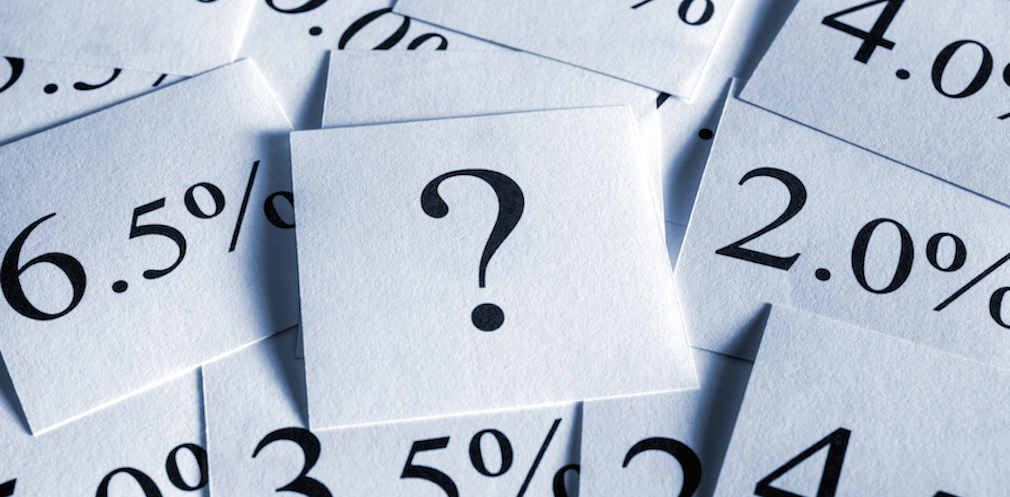Despite recent criticism of the rising interest rate environment, the Federal Reserve is still expected to raise rates twice more in 2018.
Late last week, President Donald Trump criticized the Fed for raising interest rates, saying he was not thrilled with the interest rate hikes.
“I don’t like all of this work that we’re putting into the economy and then I see rates going up,” Trump said. “But at the same time I’m letting them do what they feel is best.”
He later took to Twitter to expand on his thoughts, saying the U.S. should “not be penalized for doing so well.”
China, the European Union and others have been manipulating their currencies and interest rates lower, while the U.S. is raising rates while the dollars gets stronger and stronger with each passing day – taking away our big competitive edge. As usual, not a level playing field…
— Donald J. Trump (@realDonaldTrump) July 20, 2018
….The United States should not be penalized because we are doing so well. Tightening now hurts all that we have done. The U.S. should be allowed to recapture what was lost due to illegal currency manipulation and BAD Trade Deals. Debt coming due & we are raising rates – Really?
— Donald J. Trump (@realDonaldTrump) July 20, 2018
But experts insist this criticism will not sway the Fed’s decision when it comes time to raise interest rates again this year.
“The Fed is unlikely to make any policy changes at next week’s FOMC meeting,” Capital Economics Economist Andrew Hunter said. “But we expect the post-meeting statement to signal that, despite uncertainty over trade policy and criticism from President Donald Trump, officials are still planning to raise interest rates twice more this year.”
A rate hike is not expected in July, but forecasters are still expecting the Fed to raise interest rates again in September, and once more this year in December.
Hunter explained that for the Fed to stop raising interest rates, inflation would need to underperform, however it is currently on an upward trend and even hit a six-year high of 2.9% in June.
Capital Economics forecasts the federal funds rate will peak at 2.75% to 3% in mid-2019. After that, however, the Fed could cut interest rates in 2020.
But for now, the latest minutes from the Federal Open Market Committee’s June meeting shows the Fed is not concerned by the growing global economic disruptions.







